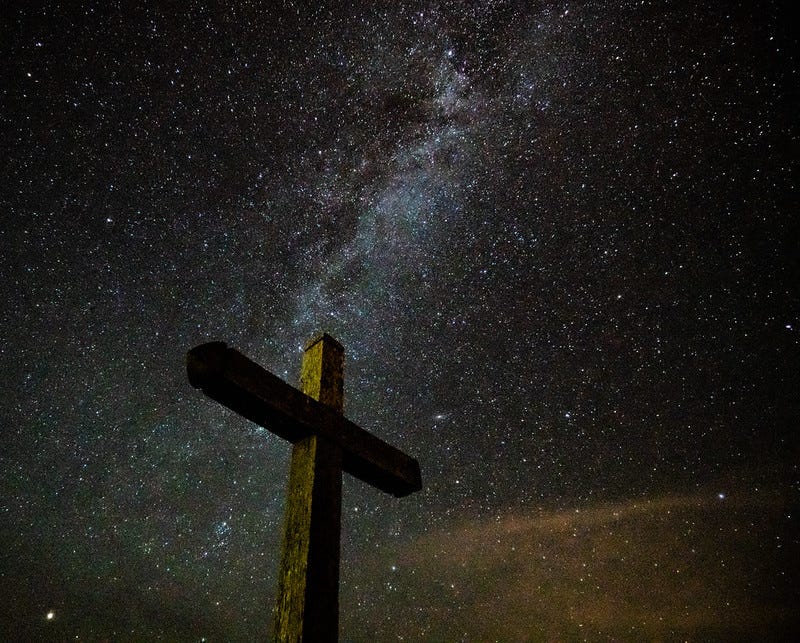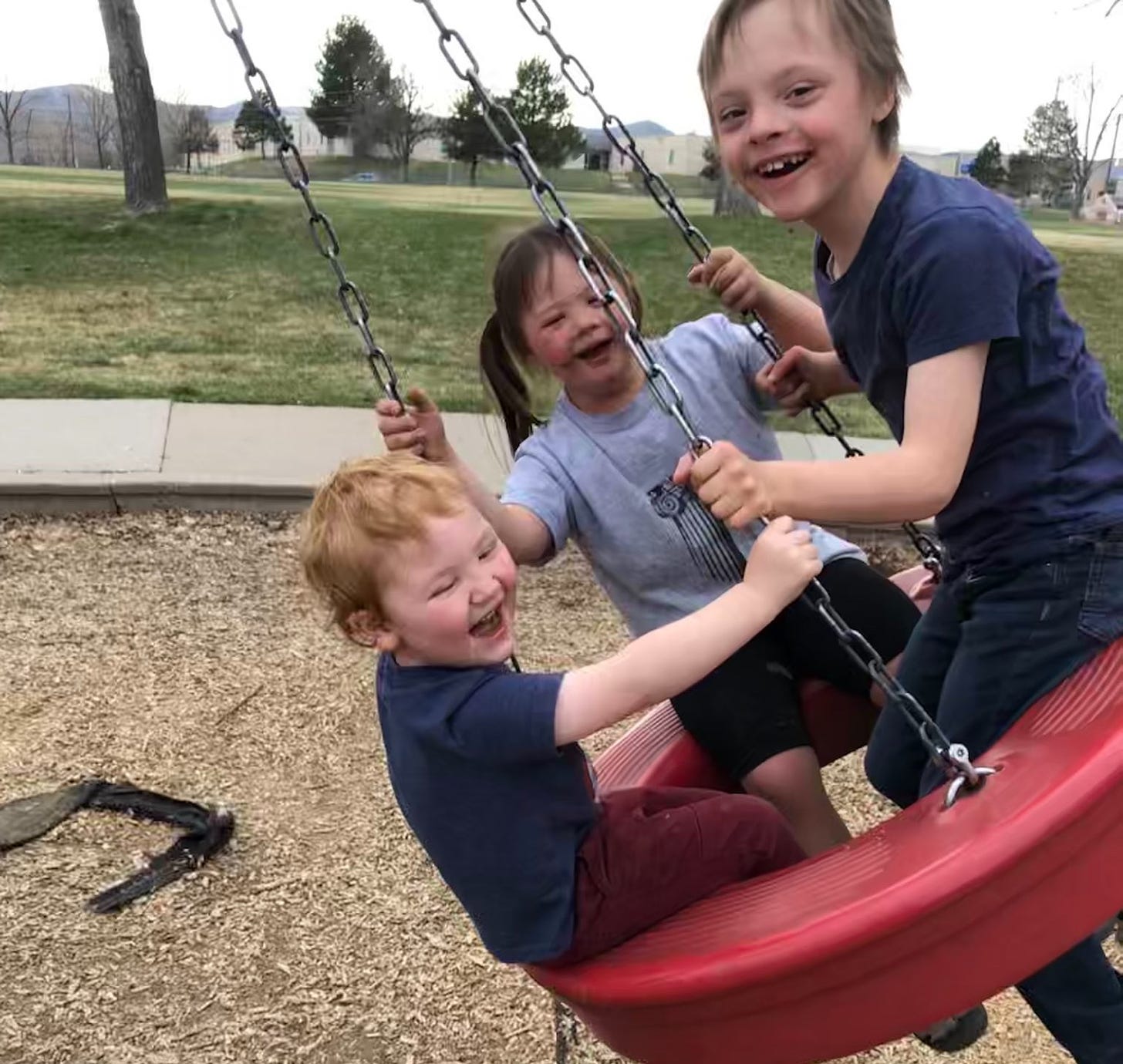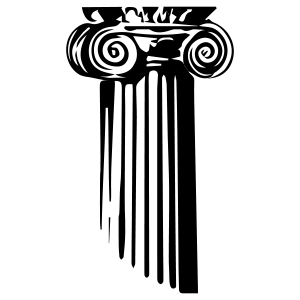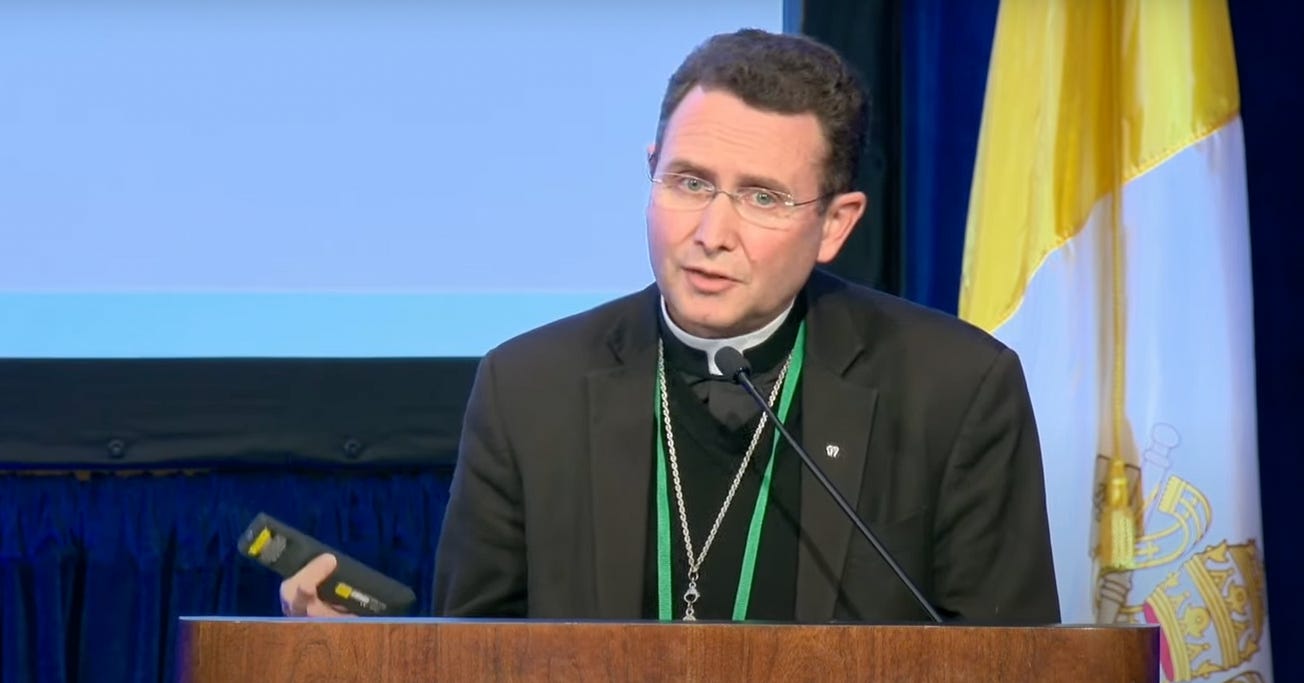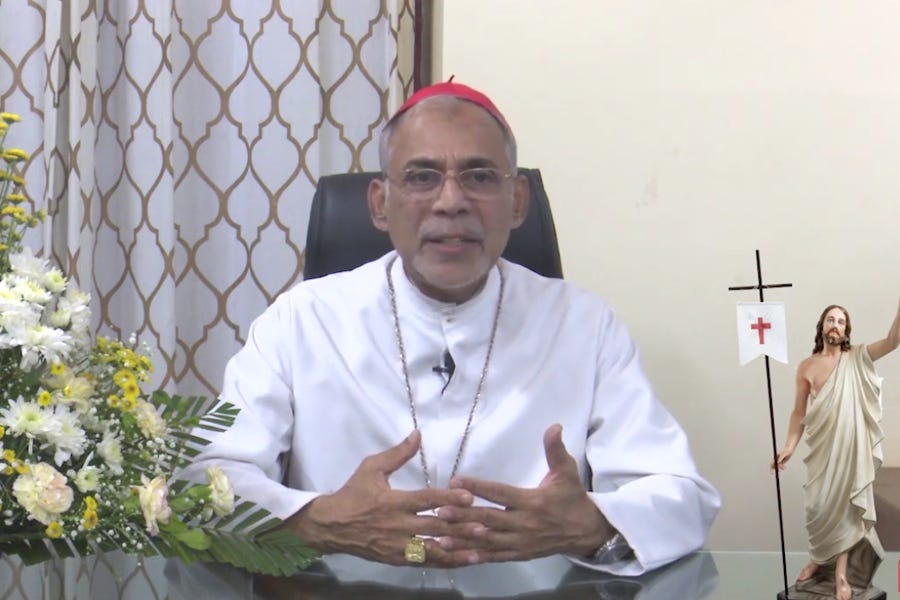Happy Friday friends,
Quick Links
Since the debate about who should, and can, receive Communion seems likely to continue well into the summer, especially with the USCCB set to debate drafting a document on “Eucharistic coherence,” we thought it would be good to cover the basics of the subject and get some things straight.
So for you we bring: The Ultimate ‘Who can receive Holy Communion?’ Explainer™
—
The cycle of scandal and reform in Vatican finances continued to turn this week.
On Monday, Italian TV station Rai 3 aired parts of a new interview with Cecilia Marogna, the former personal spy of Cardinal* Angleo Becciu.
In addition to messing around with the Italian secret services (after all, who isn’t?) la femme Cecilia said that, as part of her work as a “geopolitical analyst and security consultant” for the Secretariat of State, Becciu tasked her with compiling dossiers on the “amoral” private conduct of other senior Vatican figures.
Becciu’s lawyer, who is known for issuing prompt denials and threats of legal action on behalf of his client, has not yet made a statement.
In January, Vatican prosecutors said that a trial is “imminent” for Marogna, who is wanted on charges of embezzlement and money laundering. Friends in the Vatican tell me that when a court date is eventually set, the expectation is Marogna won’t be asked to appear alone.
Also this week, Pope Francis confirmed a new permanent auditor general for the Vatican. The previous incumbent, Libero Milone, you may recall, was forced to resign under threat of prosecution by, wait for it, Cardinal* Becciu, who accused Milone of — wait for it — spying on the private financial affairs of senior curial officials including — WAIT FOR IT — Cardinal* Becciu.
Germany goes viral
Next week, Catholic clergy across Germany are scheduled to take part in a mass blessing of same-sex couples as part of a protest against the Vatican’s recent statement reiterating the impossibility of the Church blessing same-sex unions.
The move is the latest more-or-less open rejection of a Vatican “no” to plans mooted by the ongoing German synodal process, which is proposing changes to the Church’s doctrine and discipline on a range of issues. What is interesting about next week’s stunt is that the German bishops’ conference has condemned the move as “unhelpful.”
Who will teach the teachers?
The Vatican announced that on Tuesday, Pope Francis will issue a new motu proprio, titled Antiquum ministerium, recognizing catechists as an institutional ministry in the Church.
The Vatican press office said the pope has had this in mind since telling a 2018 conference on the subject that "Being a catechist, this is the vocation, not working as a catechist."
Recognizing the role, and putting it on some kind of ministerial footing, will be interesting, and I am curious to see what the text of the new document will say. But I would be lying if I said I wasn’t a little worried.
There are, of course, few if any roles in the Church outside of sacramental ministry more important than catechist, being a teacher of the faith. A more formal recognition of the role and its importance is, by all means, a good thing. But placing it on a more firm institutional footing has risks.
On the one hand, there will likely be those who will want to use this as a proxy for, or stepping stone towards, sacramental ordination for women. That would be bad on a couple of levels.
First off, trying to abuse the role of catechist as a kind of quasi-priesthood for women undercuts its actual function and value, both of which are real and, presumably, are the reason the pope is making this change in the first place.
Second, women priests are, the Church has repeatedly and definitively pronounced, a theological impossibility beyond its ability to change. If people refuse to accept settled Church teaching on sacramental theology, it is, to put it mildly, a problem for them to be installed as formal teachers of the faith.
This leads to the broader question: how will these catechists be formed?
The real chicken-and-egg problem at the heart of the Church’s life in many places is the lack of proper adult formation in the faith for the laity.
Pope Francis is clear that he sees the role of catechist as a vocation, not a job, which is surely right. But being sufficiently formed in the actual nuances of the doctrine of the faith to be able to form others in turn requires an education which is simply not widely on offer. The reality for most Catholics is that their education in the faith ends in their teenage years with Confirmation.
If the role is not to morph into a kind of clericalized lay professional class, open only to those willing and able to invest the time and money in formal studies, there is going to have to be a wholesale rethinking of how we form Christians with an adult understanding of the faith as part of ordinary parish life. And for that, we’ll need… well… catechists.
Like I said, chicken and egg.
To infinity
One of the things about working in Catholic World full-time is you become something of a first point of contact for friends and family asking about Church-related trivia.
Last week, my brother texted me late at night asking where Mother Church is on the whole “aliens/UFO thing”. Like I said, it was late, so my response was along the lines of “Is the Google broken where you live?” But the question stayed with me.
When I was growing up, all kids (all boys anyway) went through a phase of being obsessed with one of the Big Three: space, the ocean, or dinosaurs. It makes sense. All three are about scale, which is important to a child. The vastness of space, the depth of the ocean, and the size of a T-Rex skeleton in a museum, are probably the first things that press upon a child how small we really are.
I was an ocean kid. I was big into submarines from the day my third grade class went to the Museum of Science and Industry in Chicago and got to tour the U-505.
In the days before streaming and DVR, I lived for glimpses of underwater documentaries on TV. When I was properly young, we didn’t have cable, so Shark Week was a thing I heard about at school, rather than saw for myself. But I remember watching reruns of Jacques Cousteau and being fascinated by the size and color and shape of the weird and terrifying things the crew of the Calypso toyed with under the guise of “science.”
And, of course, the gear was cool.
Wetsuits, aqualungs, spearguns, underwater dynamite, what’s not to love? One of my favorite toys is my Doxa Sub300t, a version of the watch worn by Cousteau and his crew — it’s mechanical, meaning no battery or electrics of any kind, just good, old fashioned, gears and springs, and it works at a depth of 1200 meters. That’s nearly the height of the Sears Tower. Don’t tell me that isn’t cool.
Space gear is cool, too, obviously. Who doesn’t get a thrill watching one of the new SpaceX Falcon 9 rockets fire a Dragon 2 crew capsule into orbit and land vertically on a BOAT?
I mean, SpaceX? Falcon 9, Dragon 2? Even the names are badass. And don’t get me started about space watches — they’re cooler than divers’ watches.
The great difference between space and the ocean, as childhood fascinations go, is that the oceans are full of monsters and space is empty. Understanding the scale of the emptiness, let alone coming to terms with what it means about our place in the middle of it, is a much bigger, more adult, thing to wrap your mind around, as is the open question of what else might be out there.
After my brother texted me, I found this Q&A on the Vatican observatory website. It quotes Fr. Giuseppe Tanzella-Nitti, an astronomer and theology professor at Santa Croce in Rome:
“The existence of intelligent life on planets other than the Earth neither rules in, nor rules out, any theological principle. Theologians, like the rest of the human race, will just have to wait and see.”
I love the idea of an open question hovering above our heads, into which it’s impossible to port our often fractious quotidian ecclesiastical debates. Viewed through the lens of the Church, the idea of space holds the physical and metaphysical infinity of God’s creative potential, out there for us to explore in childlike wonder. With rockets.
As I said, what’s not to love?
Family matters
It’s an obnoxious trope among journalists on social media that you post “Some personal news...” before announcing a job change or something else clearly professional, not personal.
We had some personnel news at The Pillar this week. JD announced in his newsletter on Tuesday that we have been joined by our old friend Michelle La Rosa, who is our new assignments editor and will be wrangling our freelance work. As I often remind JD, Michelle is probably the best boss I ever had, so her climbing on board our little ship is exciting.
But The Pillar family is set to grow a bit more soon. After more than a decade of marriage, and hopes and prayers, my wife and I are expecting. How’s that for childlike wonder at God’s infinite creative potential?
Apart from the overwhelming shock and happiness you would expect, learning that I am to be a father, especially after I had more-or-less begun to assume I never would, has been a profoundly spiritual thing.
I’ve written here before about my struggling to grasp the love of God the Father for me as a son, despite my decidedly adolescent flaws and sins, and the daily struggle to trust in His providence. Well, the stakes have risen decidedly in that spiritual battle.
We actually found out we were expecting just after we launched The Pillar. A God of surprises indeed — if realizing you’ve just pinned your unborn child’s future to the success of an email newsletter doesn’t call you to faith and drive you to prayer, nothing will.
Feel free to subscribe, by the way.
It’s in my nature to be pessimistic, and it isn't usually hard to tell the difference between my outlook and a ray of sunshine. But, actually, the further along we get in the pregnancy, the more hopeful and indeed joyful I find myself.
It’s hard not to trust that “on the mountain, the Lord will provide” when, like Abraham, it’s abundantly clear to me that everything of worth I have is from Him alone. I’ve even developed a sense of humor: when my wife wasn’t looking, I snuck an absurdly expensive space watch onto her Amazon baby shopping list. I’m sure she’ll see the funny side.
See you next week, and seriously, Hun, it was just a joke.
Ed. Condon
Editor
—
P.S. I feel bad. The photo above is a stock image, not actually of my unborn child. I grew up in Britain, where it would be considered gauche to put a photo of one's child on the internet in an emotional ploy for reader loyalty. JD’s from New Jersey, though, and he posts pictures of his kids all the time. I tell him that I have reserved judgment on the vulgarity of that habit. And I almost mean it.
So here are some Flynn kids. And a subscribe button.

